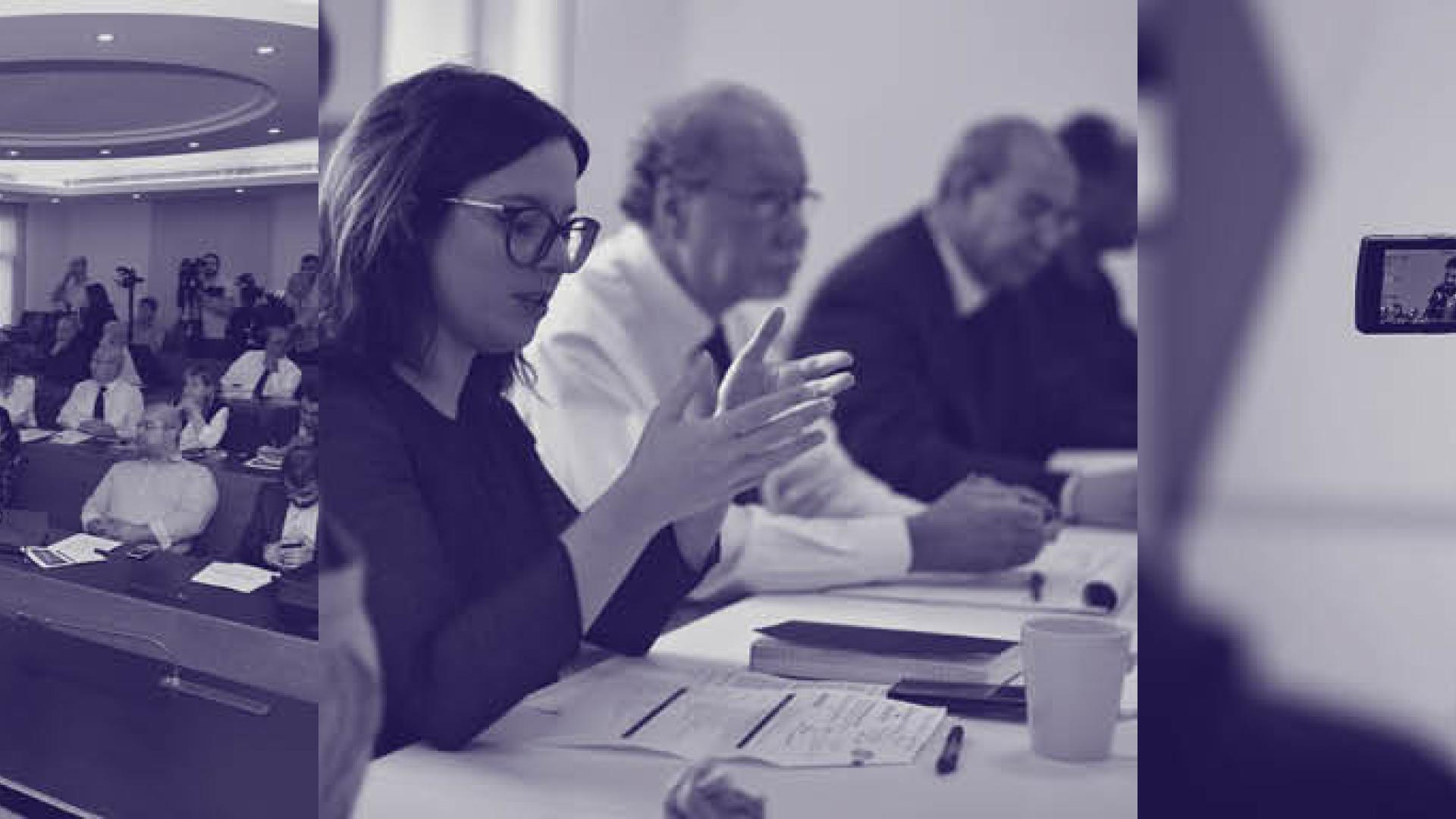New PLS strategy for the Scottish Parliament showing signs of early success


Stephen Imrie
Next year, the Scottish Parliament marks its 25th year anniversary since its establishment as a devolved institution in 1999.
Over those years, there have been some examples of parliamentary committees engaging in post-legislative scrutiny (PLS). The earliest example we can trace was an inquiry by the then Equalities Committee into mental health legislation dating back to 2003. Those inquiries were, however, sporadic, taking place perhaps once or twice in a 4-year parliamentary session.
In session 5 (2016-2021) and again in session 6 (2021 to date) of the Parliament, sustained effort has been made to promote a greater use of PLS, particularly by parliamentary committees. In this current session, we are starting to see the results of these efforts, with six examples of PLS inquiries taking place in the year 2022-2023 alone, and more in the pipeline.
How has this been achieved?
There are two main reasons for the marked increase in PLS work. First, the committee of committee chairs (known as the Conveners Group) has set increasing PLS work as one of its main strategic priorities this session. But political desire alone will not make things happen. So, secondly, we have established a small, cross-office group of officials who are charged with coming up with ideas and then making them happen. These ideas were set out in the plans for PLS adopted by the Conveners Group in November 2022.
The plan for PLS is built around five main pillars:
- Better planning and informed decision-making on PLS in work programmes
- Linking current scrutiny of bills with the potential for future PLS reviews
- Greater transparency of PLS activity in the Scottish Parliament
- Oversight of progress by the Conveners Group
- International benchmarking and research
In practice, parliamentary officials are making sustained efforts to ensure that the regular discussions that committees have on their work programmes contain ideas for PLS inquiries. This means that members of Parliament who sit on these committees are more exposed to the idea of PLS when considering all the other work they need to do. Positive case studies of previous PLS inquiries are available to them to show what can be achieved. We are now building on this by thinking through how citizen panels can be used to generate ideas for PLS work.
We are also looking at how we can ensure that when a committee is scrutinising a bill it identifies the scope for future PLS reviews by a successor in the formal reports issued during legislative scrutiny. This will set out where a committee identifies there is scope to review an Act in the future, what data and information is going to be needed to do so etc. In some instances, such activity may lead to amendments being made in a Bill allowing for future PLS reviews and setting out what data is to be collected and published by the government.
One of the challenges we have faced is knowing exactly how much PLS activity is actually taking place within the Parliament. Sometimes, the title a committee gives to an inquiry does not make it clear that it’s actually a PLS review. So, we have now encouraged committees to adopt common terminology to make it easier to search for PLS work on our website, and we have started to collate PLS activity into a central area of the website.
Similarly, we have encouraged all committees to summarise their PLS work in any given year in the Annual Reports that all committees are required to produce. A collated version of these reports is provided to the Conveners Group so they can monitor year-on-year progress.
Whilst we have some ideas for how to progress PLS, we are always interested in what other parliaments are doing. That is why part of our PLS plan is to participate in international benchmarking studies on PLS such as that being carried out by the Westminster Foundation for Democracy.
Finally, to use a well know proverb, one swallow (a small migrating bird) does not make a summer! By this, we mean that some one-off, early successes are welcome, but we want our PLS activity to be sustained. That is why the political oversight by the Conveners Group is important and the working group of officials will be providing regular progress reports to them.
We hope you find our PLS work of interested and we would love to hear examples from around the world of what has worked for you. You can contact me at: stephen.imrie@parliament.scot